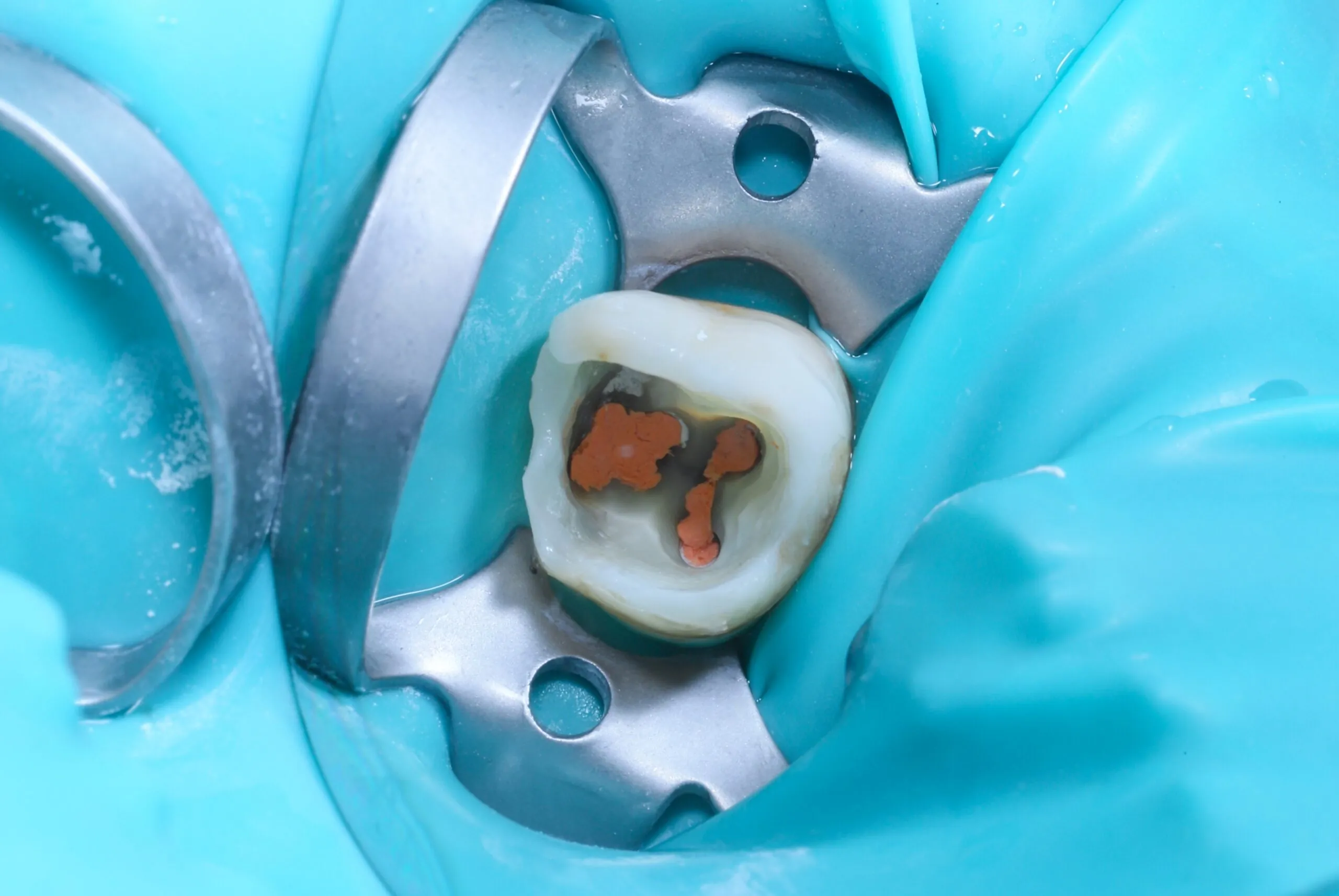 Dental emergencies happen when you least expect them. Whether you’re playing sports, involved in an accident, or simply bite down on something hard, traumatic tooth injuries can cause immediate pain and long-term complications if not treated promptly.
Dental emergencies happen when you least expect them. Whether you’re playing sports, involved in an accident, or simply bite down on something hard, traumatic tooth injuries can cause immediate pain and long-term complications if not treated promptly.
If you’ve experienced a tooth injury in Orem, Utah, understanding when endodontic treatment is necessary can make the difference between saving your tooth and losing it permanently. Let’s explore the types of traumatic injuries that may require specialized care and when you should seek immediate attention.
Common Types of Traumatic Tooth Injuries
Traumatic dental injuries range from minor chips to complete tooth loss. The most serious injuries often involve damage to the tooth’s inner pulp tissue, which contains nerves, blood vessels, and connective tissue essential for tooth health.
Tooth fractures represent one of the most common traumatic injuries. When a crack extends deep into the tooth, it can expose the pulp to bacteria, leading to infection and severe pain. Similarly, luxation injuries occur when teeth are loosened or displaced from their normal position due to impact.
The most severe cases involve avulsed teeth – teeth that are completely knocked out of their sockets. These emergencies require immediate professional intervention to maximize the chances of successful reimplantation.
Does My Tooth Injury Require Endodontics?
Not every tooth injury requires endodontic treatment, but certain signs indicate immediate professional evaluation is necessary. You should seek endodontic care if you experience:
- Severe, persistent pain that worsens with temperature changes
- Visible cracks or chips that extend below the gum line
- Teeth that feel loose or have shifted position
- Darkening or discoloration of the injured tooth
- Swelling around the affected area
- Sensitivity that doesn’t improve after several days
If the pulp becomes damaged or infected, root canal treatment will be required to remove the infected tissue and preserve the tooth structure. Without prompt treatment, the infection can spread to surrounding tissues and bone, potentially requiring more extensive procedures or tooth extraction.
The Importance of Early Intervention
Early attention can save your teeth. The first 30 minutes after a traumatic injury are crucial for treatment success, especially with avulsed teeth. Quick action can mean the difference between keeping your natural tooth and needing costly replacement options.
When pulp tissue is damaged, bacteria can quickly multiply within the tooth’s root canals. This infection not only causes pain but can also destroy the supporting bone structure. Early endodontic intervention removes infected tissue, disinfects the root canals, and seals the space to prevent reinfection.
Expert Endodontic Care in Utah County
Cascade Endodontics in Orem provides specialized care for traumatic tooth injuries throughout Provo and Utah County. Led by Dr. Jon Jenson, the practice focuses exclusively on endodontic procedures, ensuring patients receive the most advanced treatment options available.
Dr. Jenson understands that dental emergencies create anxiety and discomfort. His team uses modern techniques and technology to provide comfortable, effective treatment while preserving your natural teeth whenever possible.
When to Seek Immediate Care
If you have experienced a tooth injury and have one or more dislodged or avulsed teeth, see us right away. Time-sensitive injuries require immediate professional attention to maximize treatment success.
Don’t wait for pain to worsen or assume minor injuries will heal on their own. Contact Cascade Endodontics immediately if you’ve experienced any traumatic dental injury. Early intervention not only saves teeth but often reduces treatment complexity and recovery time.
Your smile is worth protecting – and with proper endodontic care, even severely injured teeth can often be saved and function normally for years to come.
